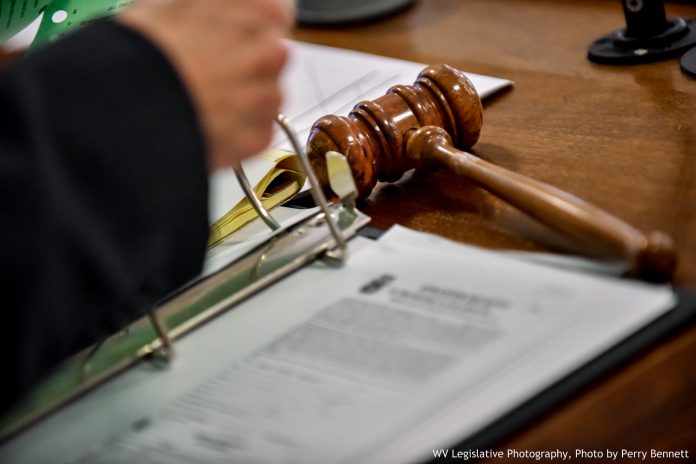After 9 Years, Legislature Comes Together to Join 33 other States in Making Failure to Wear a Seatbelt a Primary Traffic Offense
The slogan “Click it or Ticket” now has a more strict implication. In an attempt to protect West Virginia’s citizens, the legislature has passed a bill that would make operating a vehicle without wearing a seatbelt a primary offense. House Bill 2108 officially completed legislative action as of April 10, 2013.
The legislation will make failure to wear a seatbelt a primary offense and will forbid the denial of insurance coverage for using a prohibited electronic device while operating a vehicle. Failure to abide by this law will result in a $25 fine; points will not be added to the driver’s record and court fees will not be established. This not only applies to the driver of the vehicle, but also the front seat passenger and anyone else in the car under the age of 18.
Senator Corey Palumbo first introduced the idea for this bill in 2004 when he was a delegate in the WV House. For the first five years following its introduction, it barely made it through its assigned House committees. By the year 2010, it had finally passed the House but failed to be taken up in the Senate. After nine years of consideration, debate, and revision, the bill has finally been passed and will be made law.
Wearing a seatbelt has been a requirement of the state since 1993. However, it has only been regarded as a secondary offense until this recent bill was passed. Before, a person could not be pulled over for simply not being restrained by a seatbelt. If a person had been detained by an official for probable cause for another violation of the law, only then could they enforce this violation.
The first seat belt law to ever take effect was a federal law. It required that all vehicles, with the exception of buses, to be equipped with proper seat restraints. This law has since been changed and revised. West Virginia is currently one of 34 states in the nation to enforce this law, the first state being New York in 1984. According to the national Governor’s Highway Safety Association, West Virginia will be given up to $1.5 million a year in additional federal highway safety funds for implementing this new law.
“This has been an incredibly long process but I am happy it is finally being pushed through and becoming a law. I truly believe this law will save lives and prevent serious injuries,” Senator Palumbo said. “This experience has been quite frustrating because it has been so difficult, but that is the process.”

